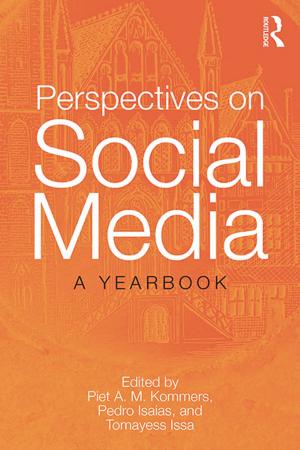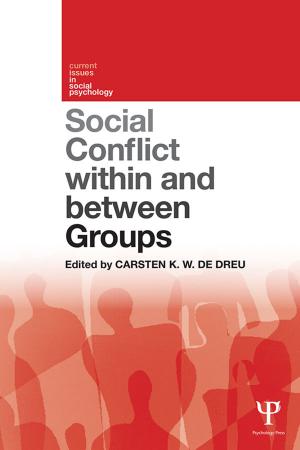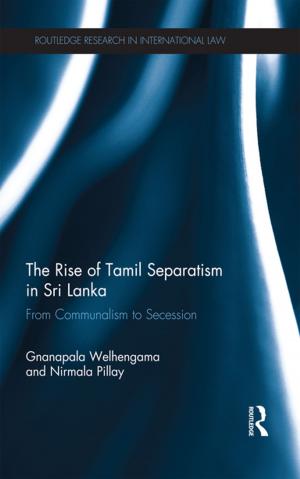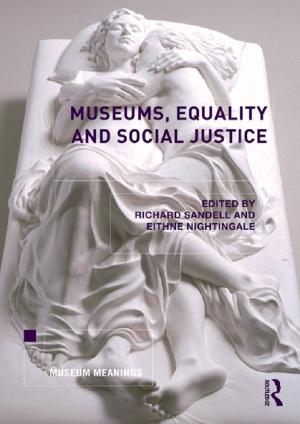| Author: | ISBN: | 9781351903851 | |
| Publisher: | Taylor and Francis | Publication: | December 5, 2016 |
| Imprint: | Routledge | Language: | English |
| Author: | |
| ISBN: | 9781351903851 |
| Publisher: | Taylor and Francis |
| Publication: | December 5, 2016 |
| Imprint: | Routledge |
| Language: | English |
The long war with Revolutionary France had a fundamental impact on British political culture. The most dramatic example of this is the mass mobilisation of the British people in response to French invasion threats throughout the last years of the century but, most spectacularly, in the period 1803-5, after the collapse of the Peace of Amiens, and the massing of an invasion fleet by Napoleon. The preparations for the threatened invasion had many dimensions including military and naval mobilization, the development of defensive earthworks and fortifications on the British Coast, the surveillance and monitoring of radicals identified with the French cause, the incitement of loyalist sentiment through caricature, newspapers, tracts and broadsides, and loyalist songs, and the construction of Napoleon as the prime enemy of British interests. Although aspects of these issues have been studied, this book is the first time that they have been brought together systematically. By bringing together historians of Britain and France to examine the dynamics of the military conflict between the two nations in this period, this book measures its impact on their domestic political cultures, and its effect on their perceptions of each other. In so doing it will encourage scholars to further examine aspects of popular mobilisation which have hitherto been largely ignored, such as the resurgence of loyalism in 1803, and to see their contributions in the light of the dual contexts of domestic political conflict and their war with each other. By allowing scholars to focus their attention on this period of heightened tension, the book contributes both new detail to our understanding of the period and a better overall understanding of the complex place which each nation came to occupy in the consciousness of the other.
The long war with Revolutionary France had a fundamental impact on British political culture. The most dramatic example of this is the mass mobilisation of the British people in response to French invasion threats throughout the last years of the century but, most spectacularly, in the period 1803-5, after the collapse of the Peace of Amiens, and the massing of an invasion fleet by Napoleon. The preparations for the threatened invasion had many dimensions including military and naval mobilization, the development of defensive earthworks and fortifications on the British Coast, the surveillance and monitoring of radicals identified with the French cause, the incitement of loyalist sentiment through caricature, newspapers, tracts and broadsides, and loyalist songs, and the construction of Napoleon as the prime enemy of British interests. Although aspects of these issues have been studied, this book is the first time that they have been brought together systematically. By bringing together historians of Britain and France to examine the dynamics of the military conflict between the two nations in this period, this book measures its impact on their domestic political cultures, and its effect on their perceptions of each other. In so doing it will encourage scholars to further examine aspects of popular mobilisation which have hitherto been largely ignored, such as the resurgence of loyalism in 1803, and to see their contributions in the light of the dual contexts of domestic political conflict and their war with each other. By allowing scholars to focus their attention on this period of heightened tension, the book contributes both new detail to our understanding of the period and a better overall understanding of the complex place which each nation came to occupy in the consciousness of the other.















